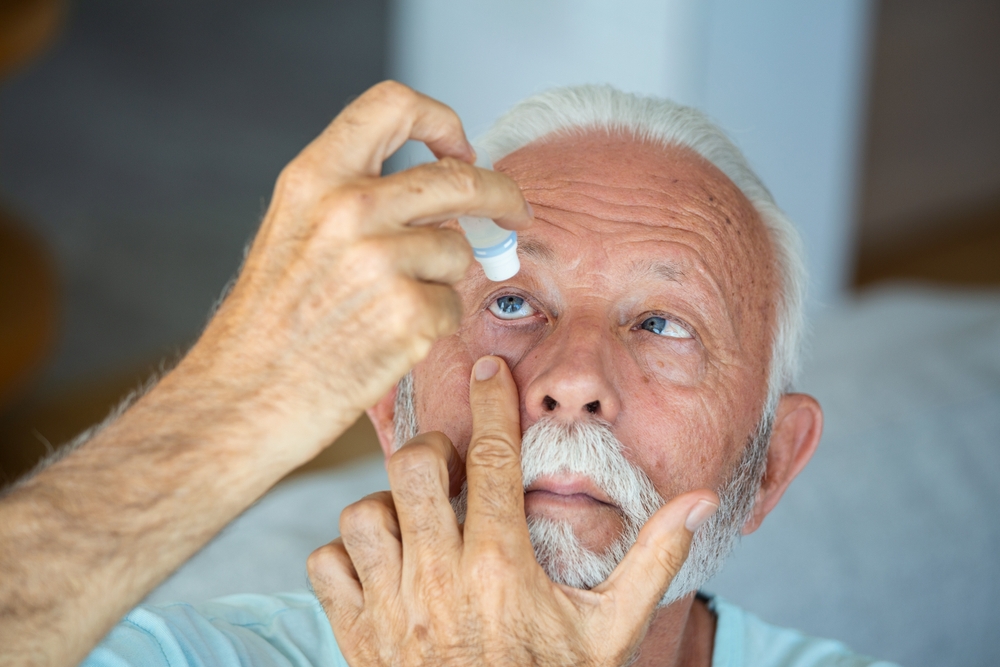8 Tips for Your Best Cataract Surgery Recovery
Has your eye doctor recommended cataract surgery? Cataract surgery is the only way to restore vision loss due to cataracts.
However, it will take some time before your eye is fully healed. The good news is that there are things you can do to prevent complications during the healing process and speed up your recovery.
Keep reading for 8 tips to follow for your best cataract surgery recovery!
Plan Ahead
With any surgical procedure, the best thing you can do is plan ahead. After having cataract surgery, you won’t be able to drive yourself home because your vision may be blurry or unstable due to the residual effects of the anesthesia.
The best way to plan ahead after having cataract surgery is to find a trusted friend or family member who can drive you home. Make sure to ask them in advance so it’s one less thing you have to worry about.
Follow All Instructions from Your Ophthalmologist
After cataract surgery, you’ll receive detailed instructions from your ophthalmologist before you go home. Be sure to follow these instructions as directed for a safe recovery. These may include:
1. Applying Eye Drops

Dr. Tokuhara at Desert Vision Center will prescribe anti-inflammatory and antibiotic eye drops. The eye drops will help minimize swelling, prevent inflammation and infection, and ensure proper healing.
You won’t be able to rub your eye for several days after having cataract surgery. Your ophthalmologist may also provide you with lubricating drops or artificial tears.
Lubricating eye drops soothe irritation and alleviate discomfort. You may want to set alarms on your phone to remind you to administer your eye drops at different times of the day. Applying your eye drops on time every day is vital for ensuring effectiveness.
2. Wearing Your Eye Shield
After cataract surgery, Dr. Tokuhara will place a protective shield over your eye. Make sure you wear your eye shield while sleeping and napping.
Wearing your shield will ensure you won’t unconsciously rub, scratch, or injure your eye. Your ophthalmologist will let you know when to stop using the protective shield.
3. Relax and Take It Slow
Rest and relaxation are essential to your recovery. If you received a sedative, you might feel drowsy after cataract surgery. Do your best to get enough rest after the procedure to help your eye heal faster.
Eye doctors recommend going to bed or napping when you get home. You can also give yourself a short break from work and house chores for several days to rest properly.
4. Don’t Bend or Lift
During cataract surgery, Dr. Tokuhara creates an incision in your cornea that is left to heal on its own. Because no stitches are used, it is important not to rub your eye after the procedure.
Although there is no long or intense recovery after cataract surgery, avoid being too active too soon. Avoid heavy lifting, rigorous exercise, or bending to prevent pressure on your eye.
Even bending below your waist to pick something up may exert pressure on your eye for at least the first 2 hours. Not only can increased eye pressure damage the surgery site, but it can also delay the healing process.
Your ophthalmologist will tell you when it’s safe to resume your normal activities.
5. Protect Your Eye from Irritants
It’s not unusual for your eye to be sensitive after cataract surgery. Wear wraparound sunglasses for the first few weeks after your procedure to protect your eyes.
Wraparound sunglasses prevent exposure to irritants such as intense sunlight, dirt, dust, wind, debris, and pollen.
6. Avoid Getting Water in Your Eye
Water, including tap water, can introduce bacteria to your eye and cause infections. Bacteria in your eye is harmful after cataract surgery because you’re more prone to infection as it heals.
Don’t get water in your eye to lower the chances of infection. You can still shower, but point the showerhead away from your face to keep your eye dry.
Do not splash water; use a washcloth to clean your face while avoiding the treated eye gently. You’ll need to avoid getting in any bodies of water, including hot tubs, pools, lakes, or the ocean. Your eye needs time to heal before this will be safe.
Remember, keeping the surface of your eye bacteria-free will prevent issues in your recovery.
7. Do Not Rub Your Eyes
Even though it might be tempting, don’t rub your eye if you’re experiencing any discomfort. Rubbing your eyes can worsen irritation or cause complications.
Use eye drops or artificial tears to help if your eyes are itchy. It’s best to leave your eye undisturbed for some time to ensure the incision made heals first. If the discomfort persists after using eye drops or artificial tears, inform your eye doctor.
8. Attend All Follow-Up Appointments
Follow-up appointments are essential for a smooth cataract surgery recovery. It’s the only way your ophthalmologist can assess the effectiveness of the prescribed eye drops and monitor the progress of your recovery.
For this reason, you should never skip your follow-up appointments. Your first appointment is typically on the first day following your cataract procedure.
During your visit, your eye doctor will check to ensure your eye is healing and there are no signs of complications. If you experience any of the following symptoms during recovery, don’t wait until your next follow-up appointment. Contact your ophthalmologist right away if you experience:
- Increasing pain
- Flashes or floaters
- Nausea
- Vomiting
- Deteriorating vision
You Don’t Have to Live with Cataracts
Cataract surgery at Desert Vision Center will restore your eyesight and significantly improve your quality of life. With the help of these essential after-care tips, you can minimize recovery time and look forward to enjoying crystal-clear vision after healing.
Are cataracts affecting your sight and daily activities? Schedule your appointment today at Desert Vision Center in Rancho Mirage, CA, and get ready to see the world with better vision!

